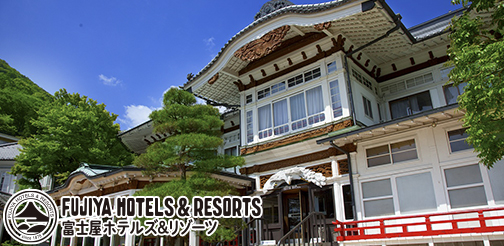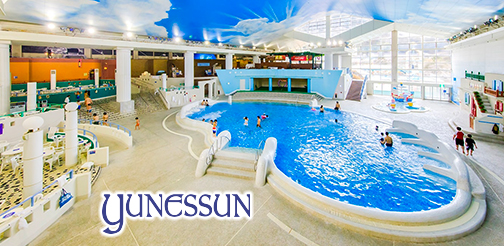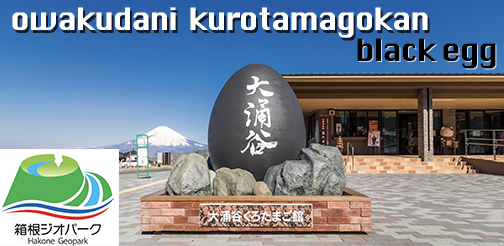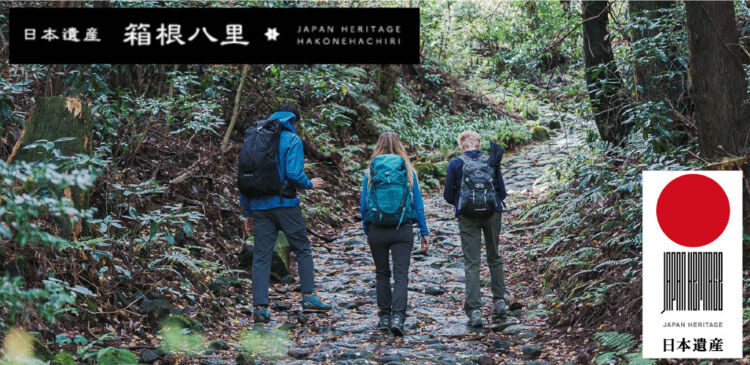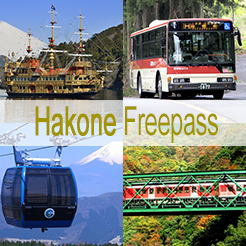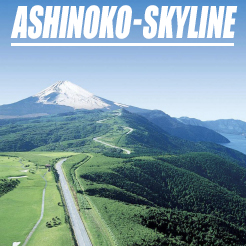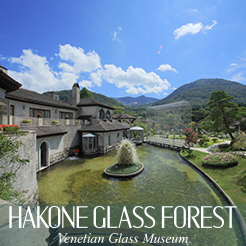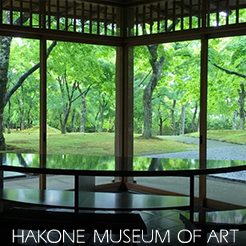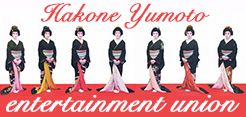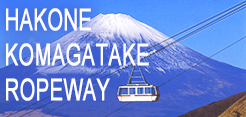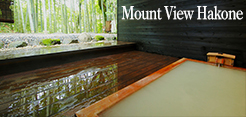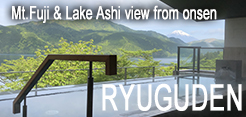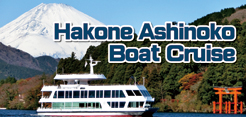Hakone is a town located in Kanagawa Prefecture, Japan, about 100 kilometers (62 miles) west of Tokyo. It is known for its natural beauty, hot springs, and views of Mount Fuji.
Hakone is located in the Fuji-Hakone-Izu National Park, which is home to a variety of natural attractions, including hot springs, lakes, and forests. The town is particularly famous for its hot springs, or onsen, which are said to have therapeutic properties. Many of the local hotels and inns offer access to onsen baths, and there are also several public onsen facilities scattered throughout the town.
One of the most popular tourist attractions in Hakone is Lake Ashinoko, which was formed by a volcanic eruption more than 3,000 years ago. The lake is surrounded by beautiful forests and mountain ranges, and is a popular spot for boating, fishing, and hiking.
Another popular attraction in Hakone is the Hakone Open-Air Museum, which features a collection of modern and contemporary artworks displayed in an outdoor setting. The museum is home to sculptures by artists such as Henry Moore and Auguste Rodin, as well as works by Japanese artists such as Yayoi Kusama.
One of the most iconic symbols of Hakone is the Hakone Shrine, a Shinto shrine located at the base of Mount Hakone. The shrine is known for its “floating” torii gate, which appears to be suspended over the water of Lake Ashinoko. The shrine is also home to a beautiful garden, which is especially beautiful in the autumn when the leaves of the trees turn red and yellow.
One of the best ways to experience the natural beauty of Hakone is by taking a ride on the Hakone Tozan Railway, a mountain railway that winds its way through the scenic landscape. The railway features a number of switchbacks and sharp turns, and offers stunning views of the surrounding mountains and forests.
Hakone is also home to a number of other attractions, such as the Hakone Ropeway, a cable car that offers panoramic views of the surrounding area, and the Hakone Checkpoint, which was once a border checkpoint between Edo (present-day Tokyo) and the rest of Japan.
In addition to its natural beauty and cultural attractions, Hakone is also known for its food, particularly its soba noodles and unagi (eel). There are many restaurants in the town that serve these dishes, as well as other local specialties such as yuba (tofu skin) and kuro-tamago (black eggs).
Overall, Hakone is a popular destination for tourists looking to experience the natural beauty and cultural traditions of Japan. With its hot springs, beautiful lakes and forests, and cultural attractions, it is an ideal destination for those looking to relax and unwind, or to explore the beauty of the region.
Tokyo to Hakone
There are several ways to get to Hakone from Tokyo:
-
By train: The easiest and most convenient way to get to Hakone from Tokyo is by train. There are several trains that run from Tokyo to Hakone, including the Odakyu Romancecar, a limited express train that operates between Shinjuku Station in Tokyo and Hakone-Yumoto Station in Hakone. The journey takes about 90 minutes and costs around 2,300 yen one way. The fastest way is by shinkansen, the bullet train, from Tokyo to Odawara Station. You will need to change trains at Odawara station or even ride the bus from Odawara Station.
-
By bus: Another option is to take a bus from Tokyo to Hakone. Buses depart from several locations in Tokyo, including Shinjuku, Shibuya, and Ikebukuro, and take about 2-3 hours to reach Hakone. The cost of a one-way ticket ranges from 1,500 to 2,000 yen.
-
By car: If you prefer to travel by car, you can rent a car in Tokyo and drive to Hakone. The journey takes about 2 hours by car and is a scenic route through the mountains. However, it is important to note that parking in Hakone can be difficult, and it is recommended to use public transportation once you arrive in the town.
No matter which mode of transportation you choose, it is recommended to purchase a Hakone Free Pass, which gives you unlimited access to the various forms of transportation in the Hakone area, including trains, buses, ropeways, and boats. The pass also includes discounts on attractions and souvenirs, making it a good value for those planning to explore the area.


